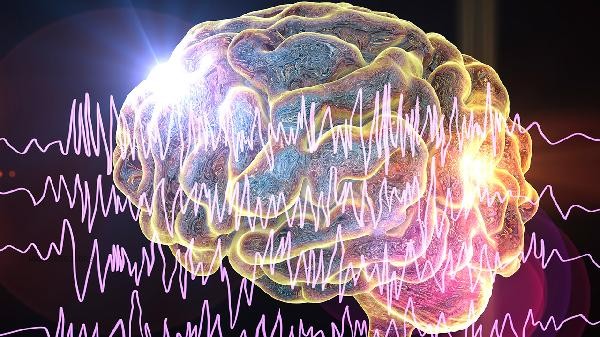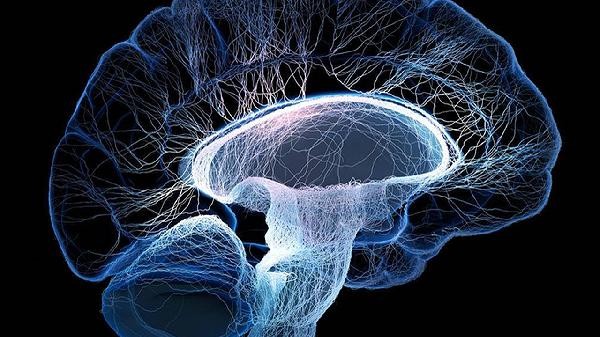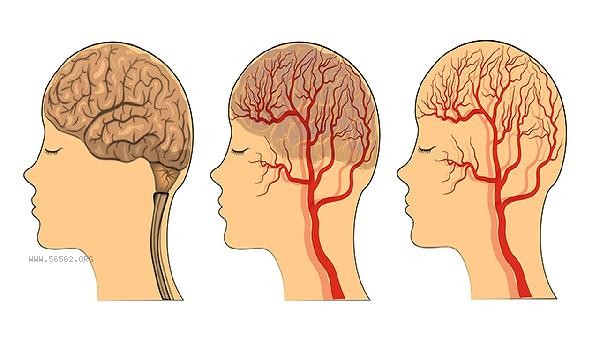Frontal lobe injury may result in symptoms such as executive dysfunction, emotional instability, attention deficit, decreased decision-making ability, and abnormal social behavior. The prefrontal cortex is the advanced cognitive center of the brain, and there are various functional abnormalities after injury, with specific symptoms closely related to the location and degree of injury.

1. Executive dysfunction
Damage to the dorsolateral prefrontal cortex can lead to decreased planning and organizational abilities. Patients have difficulty completing multi-step tasks and are unable to perform daily activities in the correct order. Simple behaviors such as cooking and shopping may become chaotic and disorderly. These symptoms are more common in patients with traumatic brain injury or stroke, and rehabilitation training should focus on strengthening procedural memory reconstruction.
2. Emotional loss of control
Damage to the orbitofrontal cortex can easily lead to abnormal emotional regulation. The patient may suddenly become angry or cry inexplicably, with a lack of emotional transition. This emotional incontinence phenomenon is particularly typical in the early stages of frontotemporal dementia. Emotional outbursts are often disproportionate to external stimuli, posing significant challenges to home care.
3. Attention deficit
Disruption of the connection between the dorsal prefrontal cortex and the attention network can lead to decreased focus. Patients are unable to filter out irrelevant information, easily distracted, and find it difficult to consistently complete a single task. This type of attention deficit is different from ADHD, and is more characterized by psychological inertia and delayed thinking, commonly seen in patients with sequelae of encephalitis.

Fourth, decreased decision-making ability
Abdominal frontal lobe injury will impair risk assessment ability. Patients may engage in risky investments or trust strangers, losing their normal ability to analyze the pros and cons. This decision-making flaw is prominent in patients with alcoholic encephalopathy, often accompanied by an overly optimistic tendency.
V. Abnormal social behavior
Damage to the frontal lobe polar region can lead to social cognitive impairment. Patients may not understand social cues and may make inappropriate remarks. This type of social dysfunction is common in patients with brain tumors during the postoperative recovery period, and in severe cases, it can be misdiagnosed as schizophrenia. Patients with frontal lobe injury need to undergo systematic evaluation in professional rehabilitation institutions and develop personalized training plans. Home care should establish a regular schedule, use reminder cards to assist memory, and avoid overly stimulating the environment. Pay attention to supplementing lecithin and omega-3 fatty acids in diet, and engage in moderate aerobic exercise to promote neural plasticity. Regularly review brain imaging, monitor changes in cognitive function, and if necessary, cooperate with physical therapy such as transcranial magnetic stimulation. Social training suggests starting with simple scenarios and gradually restoring social adaptability.









Comments (0)
Leave a Comment
No comments yet
Be the first to share your thoughts!